The Federal Government's plan to get Australia to achieve net zero carbon emissions by 2050 has been panned by experts, with Climate Council leader Tim Flannery saying "it's not worth the paper it's written on".
The Morrison Government released the national plan as countries struggle to reach a deal at the the COP26 climate change summit in Glasgow.
The 100-page document details the modelling involved to get Australia to a carbon neutral point in the next 29 years.
READ MORE: What countries produce the most greenhouse gas emissions?
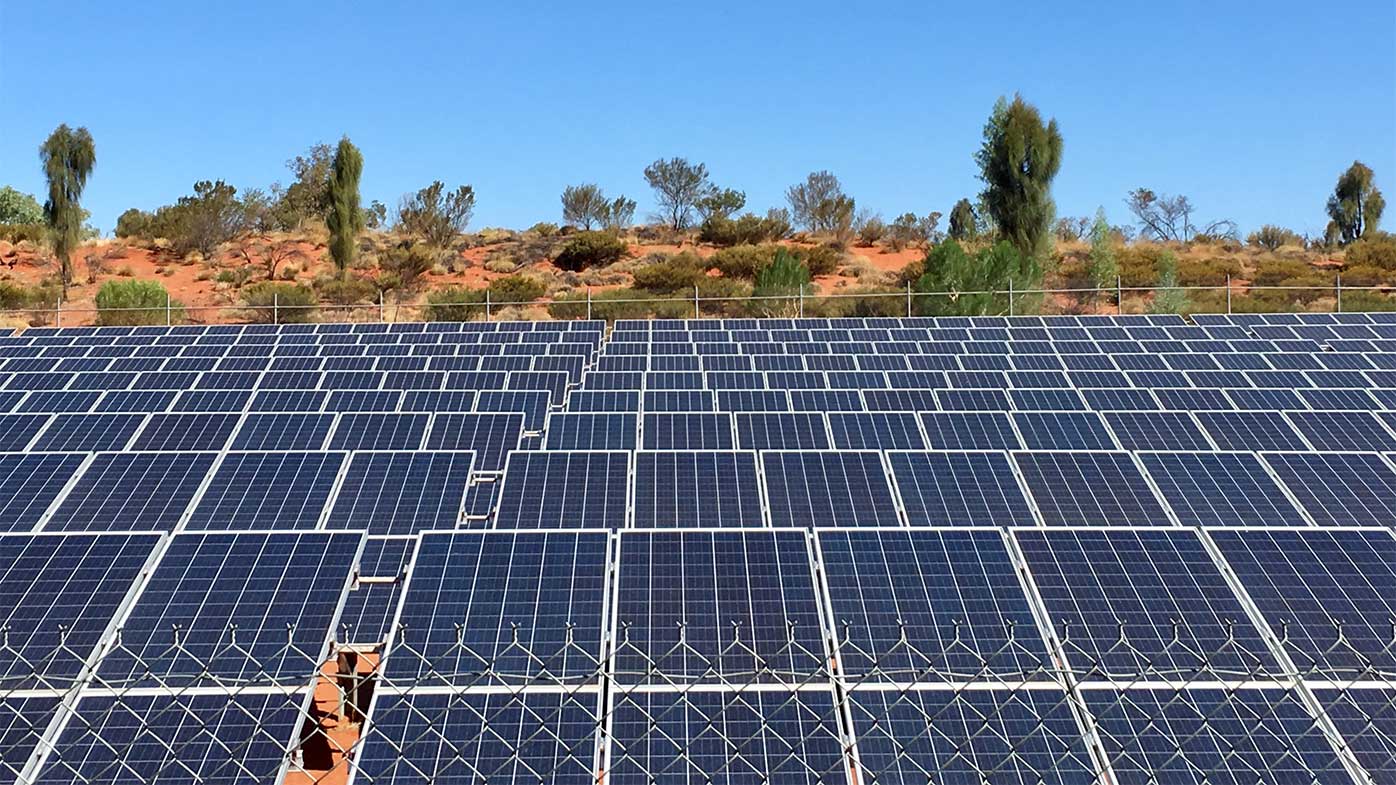
Coal production will halve, but there are concerns the plan relies too heavily on technology and innovations which haven't been invented yet.
Professor Tim Flannery from the Climate Council said the plan was a "stone cold" response to the climate crisis.
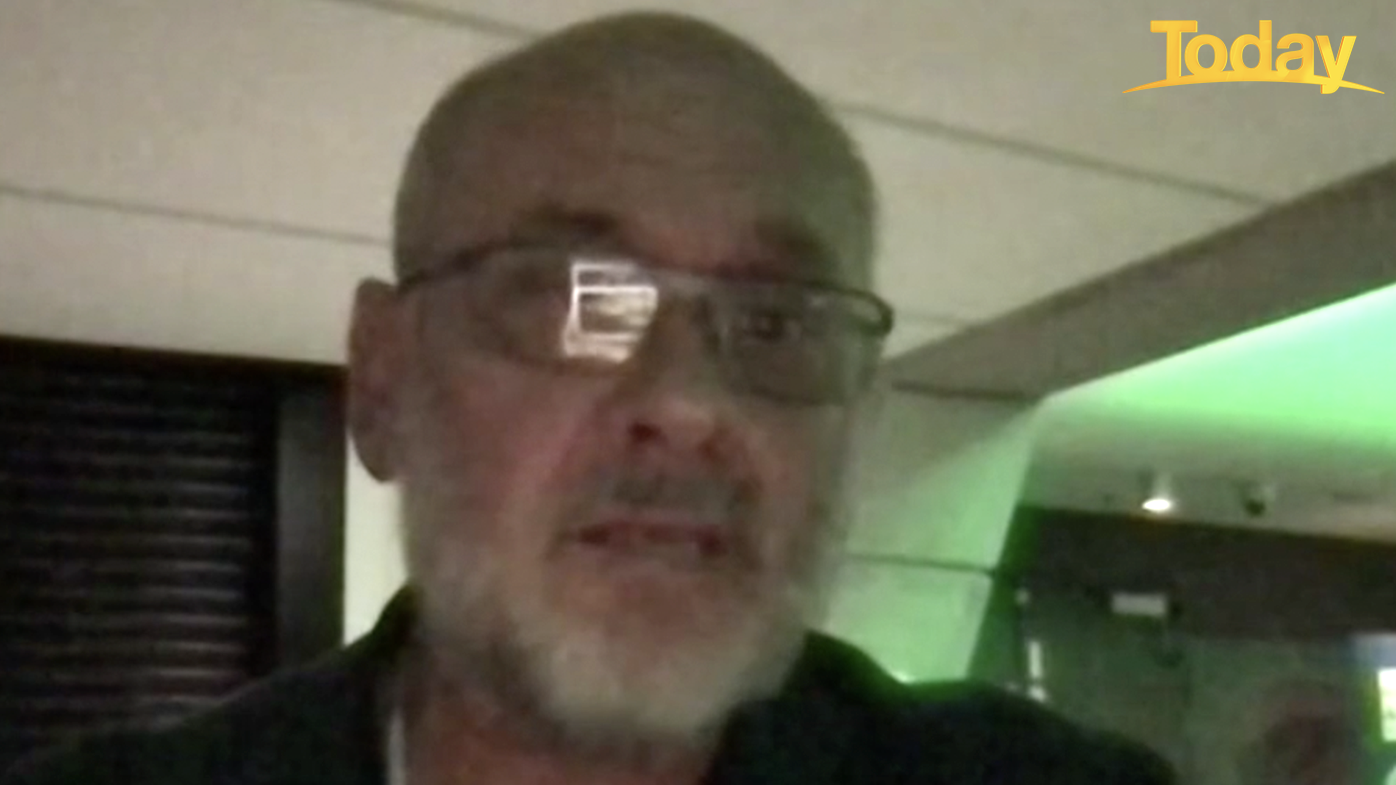
"I am sorry to say that the modelling the government has commissioned is not worth the paper it's written on," he told Weekend Today from Glasgow.
"There is just no detail. The figures don't add up.
"The government is not even going to meet its own targets according to that modelling. So it's really - it's kind of a distraction."
READ MORE: Draft Glasgow agreement calls to speed up coal phase-out
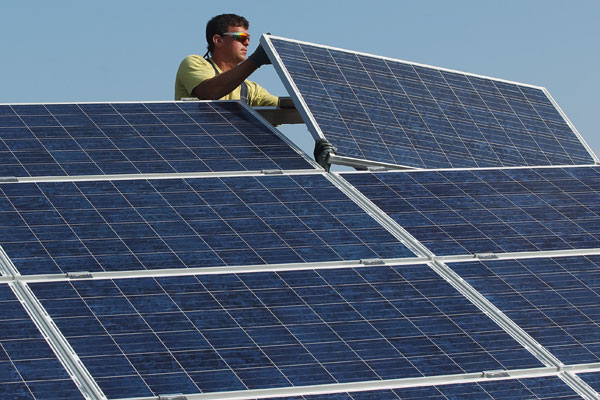
Professor Flannery said the renewable energy industries needs a better roadmap from the Federal Government if it's expected to do the heavy lifting.
"The idea that industry will act, yes, industry will act, but we can (only) act to the benefit of the entire economy if government makes the ruling properly," he said.
"That's what we pay the politicians to do. We don't pay them to sit there and do nothing.
"We need the rules to be set properly so industry can work cost effectively and the whole of society can benefit."
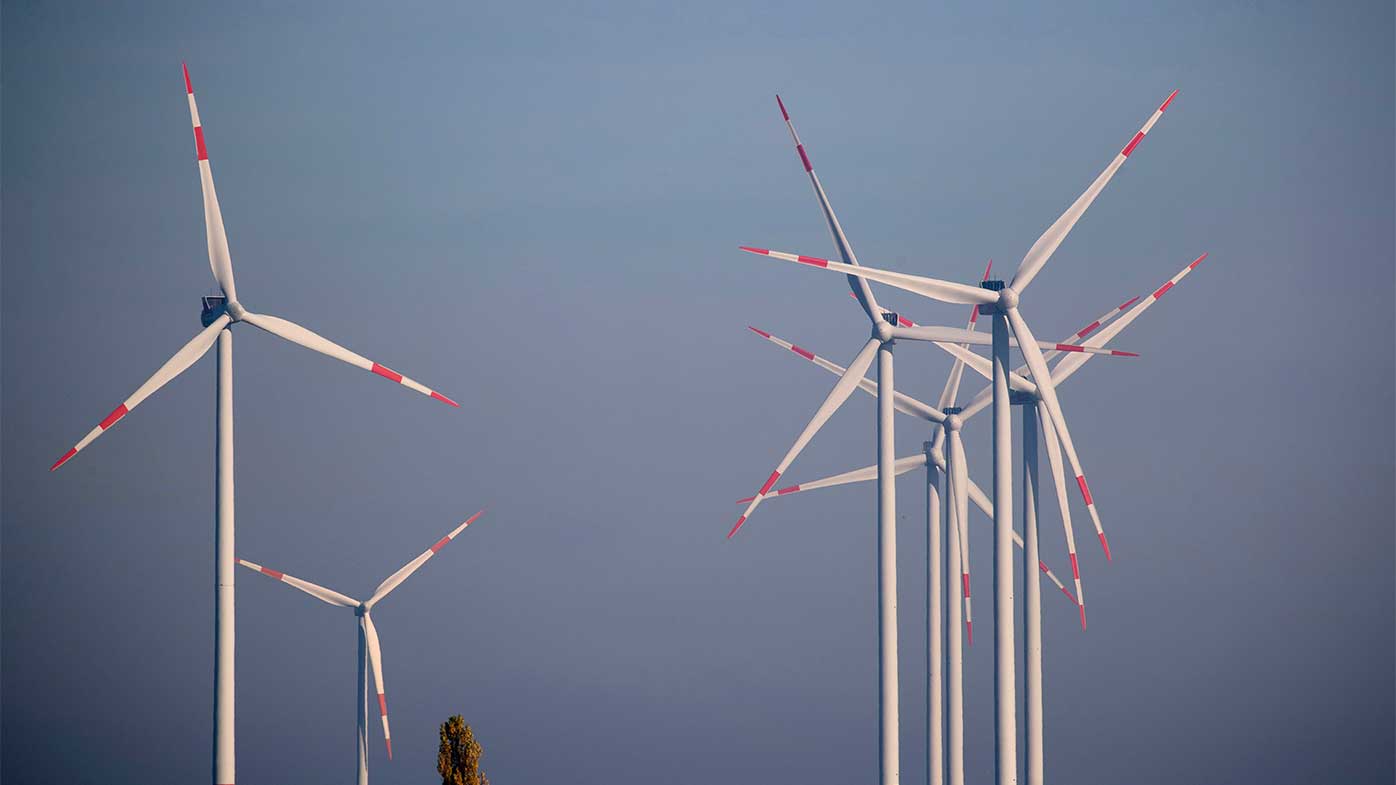
He said Australia was sticking with coal despite other countries steering clear.
"It's like Australia has seen a big pile of money behind the side of the road and decided not to pick it up," he said.
With proper support Professor Flannery said Australia could switch to 100 per cent renewable energy within the next five to ten years.
"All the modelling I have seen says we can do and do it quickly.
"We can use hydrogen, we can use the wind and the sun. This could be the bases of enormous new wealth for the nation. But you've got to have the policy settings in place to attract that investment."
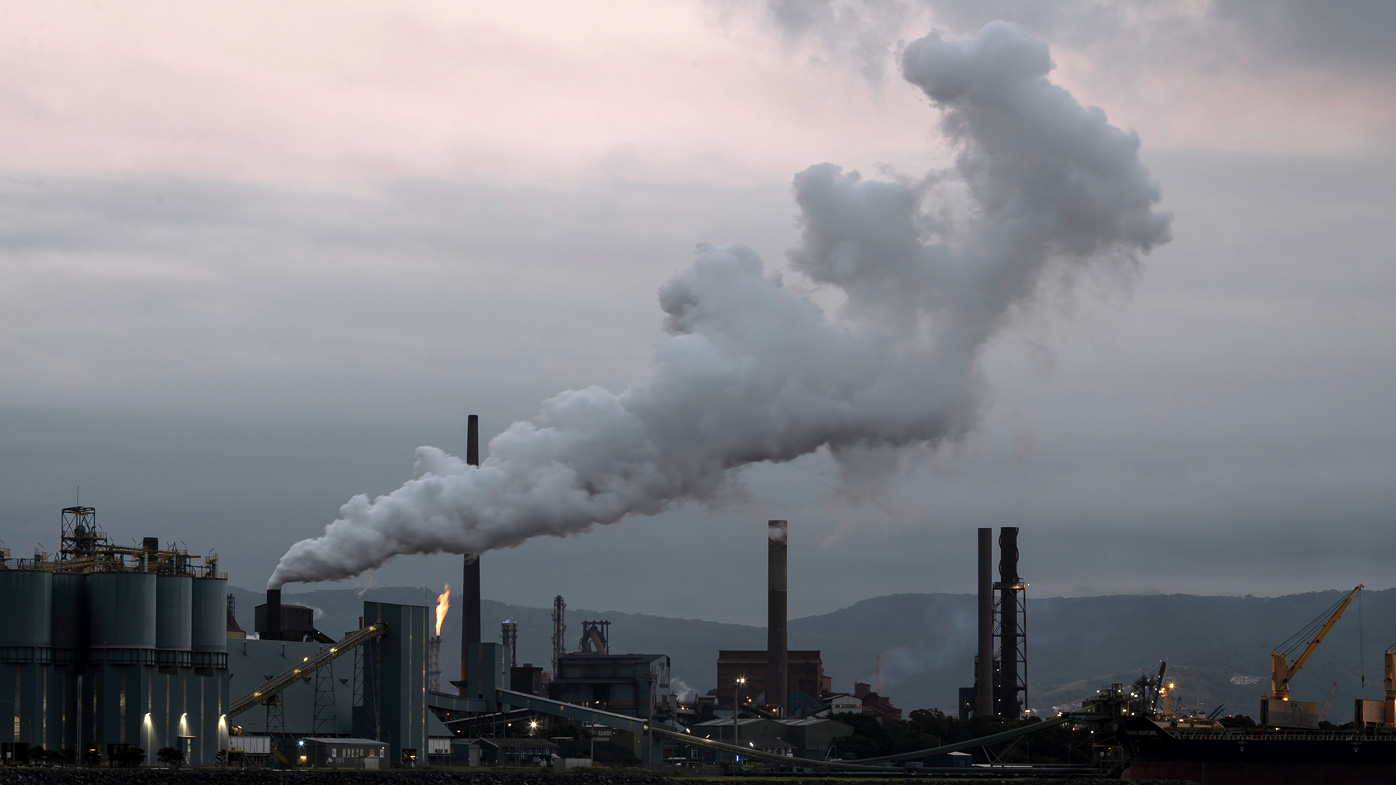
Australia's response to climate change has been under the spotlight due to the Glasgow climate summit.
Countries like Australia and India, the world's third-biggest emitter, have resisted calls to phase out coal.
The COP26 summit was due to wrap up today but it's likely a pact won't be reached until late into the night or tomorrow.
from 9News https://ift.tt/3qwfaAS
via IFTTT


0 Comments